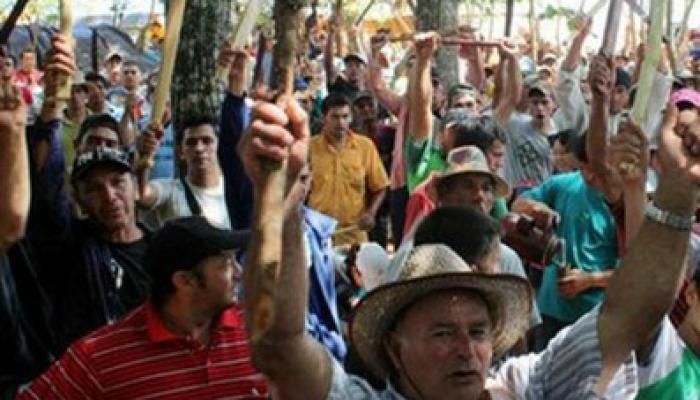Four academics from the United States, Argentina, Bolivia and Brazil have been invited to participate in a debate titled Scientific Controversy: GMOs, Pesticides and Human Health which will take place on Thursday and Friday in San Lorenzo city.
The event, open to the public, will also include the participation of students and researchers, said the professor of clinical diagnosis Jose Luis Insfran, according to EFE.
Discussions will not only cover the scientific field, but also the economic implications of development models of countries like Paraguay, based on mass production and exports of genetically modified soy, corn and other cereals.
“First we will discuss health issues, as those illnesses related to the use of pesticides, such as fetal malformations, unexpected miscarriages, and cancer,” said Insfran.
Other conferences will focus on the “agricultural export model, a model of development which excludes most of the citizens,” the professor added.
Paraguay is the fourth exporter of soy in the world, an industry which, along with cattle, contributes the most to the country's Gross Domestic Product.
However the expansion of soy and corn crops provoked in ten years the rural exodus of about 900,000 rural workers to urban areas, because of the smaller demand for workers, according to the National Peasant Federation.
Paraguay is also one of the countries with the highest inequality rates in the distribution of land; according to the NGO Oxfam, about 2.5 percent of the population owns 85 percent of cultivable land, while 42 percent of Paraguayans live in the countryside.


